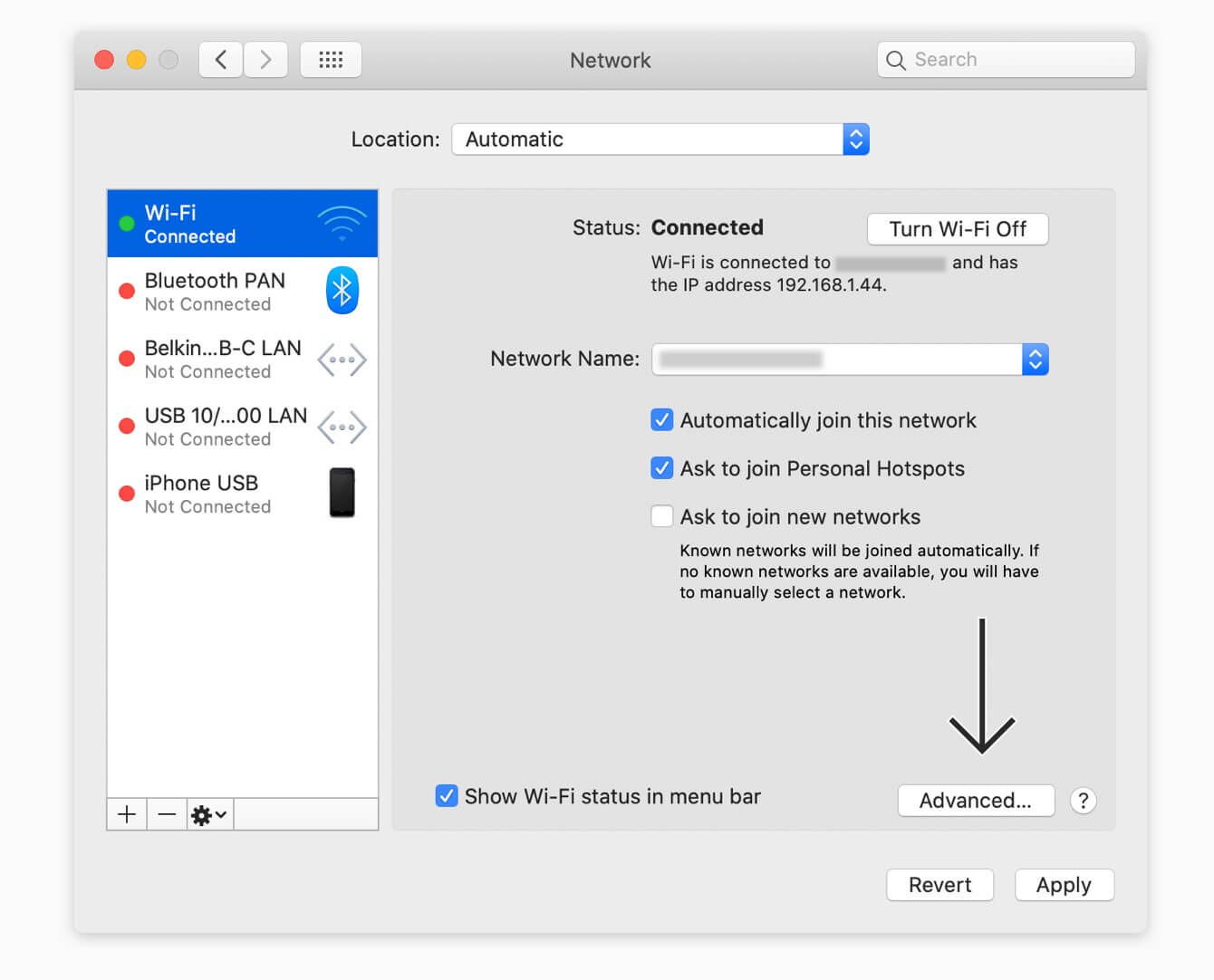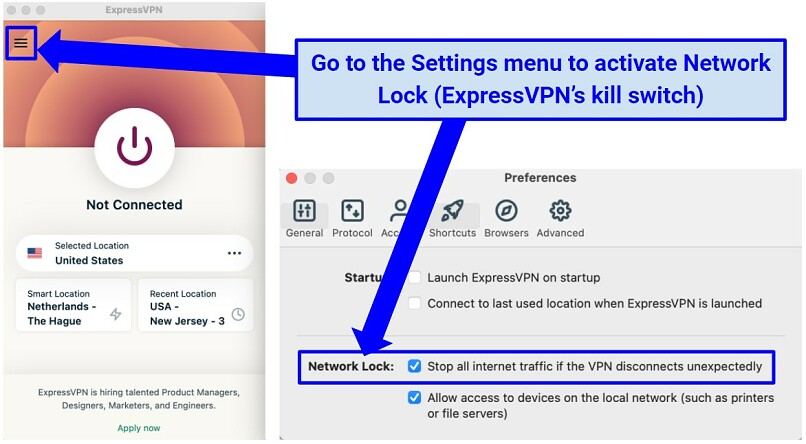

- Best vpn client for mac os x dns leak how to#
- Best vpn client for mac os x dns leak full#
- Best vpn client for mac os x dns leak torrent#
Our VPN leak test checks if your HTTP and DNS requests are coming from the same network when the VPN is running. This exposes your browsing activity to your ISP, and other snoopers.Ī DNS leak can occur if your VPN is manually configured, you have changed your computer’s settings, or your VPN service doesn’t protect against leaks. However, if the requests are routed to your ISP’s DNS servers, it’s called a DNS leak. Often, ISPs store these requests along with the IP addresses that make them.Ī secure VPN encrypts these DNS queries, and routes them to private DNS servers. Your DNS requests are plain text records of the websites you visit. If you’re not connected to a VPN, this process is carried out by your ISP’s DNS servers. This server then sends your browser the ‘directions’ to the website you’re looking for. When you enter a URL into your browser to connect to a website, you first contact a DNS server which requests the IP address of that website. Websites and applications will have access to your real location, and your ISP will know your internet history. IPv6 leaks are just as dangerous as IPv4 leaks. In our IPv6 test, you would see the same IPv6 address when you have your VPN turned on as when you have it turned off. IPv4 traffic will be routed through the VPN, but IPv6 traffic will be routed straight to your ISP – revealing your ‘true’ IPv6 address. Unless a VPN supports or actively blocks IPv6 connections, your IPv6 address is potentially exposed if you’re on an IPv6-enabled network. Many VPN services still don’t support IPv6 connections, either. This forces IPv6-compatible websites to support both IPv4 addresses and IPv6 addresses, depending on who is connecting to them. IPv6 is supported by all modern operating systems, but most websites and ISPs haven’t caught up yet. IPv4 addresses are running out, and IPv6 addresses are the answer to this.About 20% of internet users have IPv6 addresses. Streaming services like Netflix or BBC iPlayer use this information to block users from accessing content from other countries. IPv4 leaks allow your ISP and the websites you visit to monitor your web activity and your geo-location.

This type of leak is rare, and is usually the result of your VPN’s failure to establish a connection. If our tool doesn’t detect the IP address change, and shows the same IP as before, then your real IPv4 address is leaking. When you switch your VPN on, your ‘true’ IP address is replaced by the IP address of the VPN server you’ve connected to. Your IP address is unique to you and can be used to both identify your device and find your real-world location. When you run this test with your VPN turned off, you’re using your ‘true’ IP address – the one assigned to your router or device by your ISP. That’s the IP address you present to everyone else on the internet.ħ0-80% of internet users use IPv4 addresses. The first test this tool runs is to retrieve your real public IP. If your VPN is leaking, and you can’t fix it, we advise you to use one of our recommended best VPN services, instead. Your privacy is not protected, and your online location exposed, rendering the VPN service worthless. If your IP address is leaking, your VPN is not doing its job. IP address leaks occur when your VPN fails to mask your personal IP address with one of its own.Īn IP leak is a significant privacy risk, since your ISP and any websites you visit can see your real IP address.

Best vpn client for mac os x dns leak how to#
If our tool detects an IP or DNS leak, read our guide on how to fix VPN leaks.
Best vpn client for mac os x dns leak full#
You can find a full explanation of every type of leak we test for below.
Best vpn client for mac os x dns leak torrent#
Our tool also checks that your VPN is properly hiding your true IP address when you use your preferred torrent client.Īdditionally, we can proudly confirm our IP and DNS leak test tool is the most comprehensive torrent IPv6 leak test available right now. This includes tests for IP leaks, DNS leaks, and WebRTC leaks. Our IP and DNS leak test tool is designed to check for most VPN leaks that can expose your real identity. Your ISP and copyright holders want to know who is seeding (sharing) torrents of copyrighted material. Websites, applications and web service providers are constantly scanning and logging IP addresses, often to block or catch VPN and proxy users.įor instance, Netflix and other content platforms want to stop you from bypassing their geo-blocks. If your true IP address and DNS requests escape the VPN tunnel, your IP address will expose your IP location and your internet activity could be traced back to you. The main purpose of using a VPN, proxy, or anonymity service is to hide your identity and location.Ī VPN ‘leak’ is when information your VPN is supposed to hide – your IP address, DNS requests, or location, for example – is transmitted outside of the encrypted VPN tunnel.


 0 kommentar(er)
0 kommentar(er)
